Saudi Arabia's Public Investment Fund (PIF) has doubled its stake in state oil giant Saudi Aramco to 8% as part of its strategy to diversify the country's economy . Meanwhile, Crown Prince Mohammed bin Salman, who is also the prime minister of Saudi Arabia, recently announced the creation of four new special economic zones, with the aim of strengthening the country's position as a global investment destination.
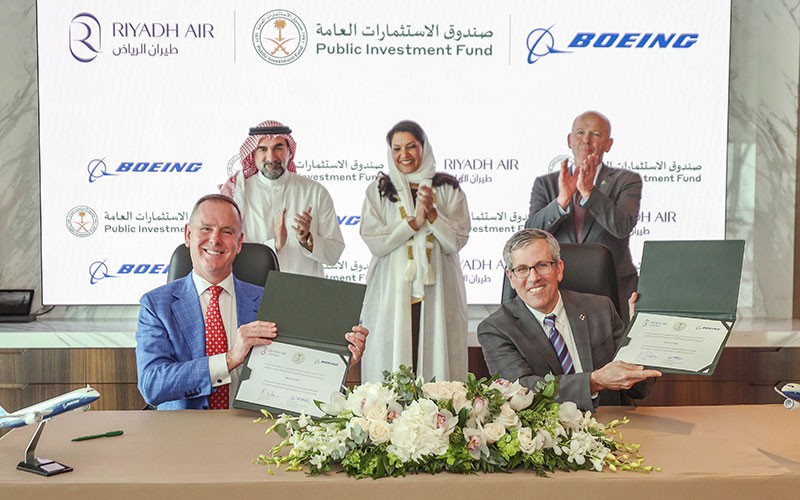 |
| Riyadh Air announced the purchase of aircraft from Boeing (USA). (Photo: Nikkei Asia) |
The PIF is headed by Crown Prince Mohammed bin Salman, who is undertaking a broad reform program aimed at reducing Saudi Arabia’s dependence on oil. In recent years, the PIF has made major investments in international companies such as Uber and Disney, as well as the Neom project, a futuristic $500 billion megacity being built in the Saudi desert. According to Crown Prince Mohammed bin Salman, the PIF plans to increase its assets to $1 trillion by the end of 2025.
After transferring 4% of Aramco to PIF last year, Crown Prince Mohammed bin Salman announced the transfer of another 4% of Aramco to Sanabil Investments, a company 100% owned by PIF. Following the transfer, the Saudi state remains the majority shareholder of the company with a 90.18% ownership. Aramco was listed on the Riyadh Stock Exchange in December 2019. The listing of 1.7% of the company's shares brought in $29.4 billion for Saudi Arabia.
The stake transfer is part of a continued long-term initiative to stimulate and diversify the Saudi economy, while strengthening PIF's financial position and credit rating. The value of the stake transfer was not disclosed, but the current price of Aramco shares listed on the Riyadh Stock Exchange puts the deal at nearly $80 billion. Aramco has reported record profits of $161.1 billion in 2022, up 46% year-on-year, thanks to soaring crude oil prices.
Saudi Arabia Prime Minister Mohammed bin Salman has announced the creation of four new special economic zones in the country as part of his strategy to become a major economic hub in the region. Saudi Arabia has previously announced several other similar projects, including the launch of an integrated logistics zone at King Salman International Airport in Riyadh in November 2022.
The new projects are part of a long-term program that Saudi Arabia is implementing to encourage foreign direct investment, attract global talent, and promote entrepreneurship and economic development in the country.
The four new economic zones are located in the cities of Riyadh, Jazan, King Abdullah and the town of Ras al-Khair. The Saudi Prime Minister believes that the new zones will have a significant impact on business activities in the country, creating tens of thousands of jobs and contributing millions of dollars to the country's gross domestic product (GDP).
He affirmed that Saudi Arabia welcomes investors from all over the world to take advantage of the historic opportunities that the country offers. The benefits of the new special economic zones include competitive corporate tax rates, customs duty exemptions on imported goods, 100% foreign-owned enterprises and favorable policies to attract talent from around the world.
With a strong development strategy, Saudi Arabia also announced the establishment of a new national airline, as part of a plan to re-establish Riyadh as a global aviation hub to compete with other regional hubs such as Dubai and Doha. With the plan to use the most advanced aircraft, the new airline Riyadh Air aims to operate flights to more than 100 destinations worldwide by 2030.
Riyadh Air is the latest in a series of projects designed to strengthen Saudi Arabia’s position as an international aviation and global logistics hub, according to Saudi Transport Minister Saleh Al-Jasser, a goal set out in the “Vision 2030” reform program initiated by Crown Prince Mohammed bin Salman.
The goals set in the aviation sector include tripling annual passenger traffic to 330 million by the end of the decade, as well as ensuring the transport of an average of 5 million tons of cargo per year.
According to nhandan.vn
Source link



![[Photo] The coffin of former President Tran Duc Luong arrives in Quang Ngai](https://vphoto.vietnam.vn/thumb/1200x675/vietnam/resource/IMAGE/2025/5/25/1f1aca0d92ab47deae07934e749b35e6)
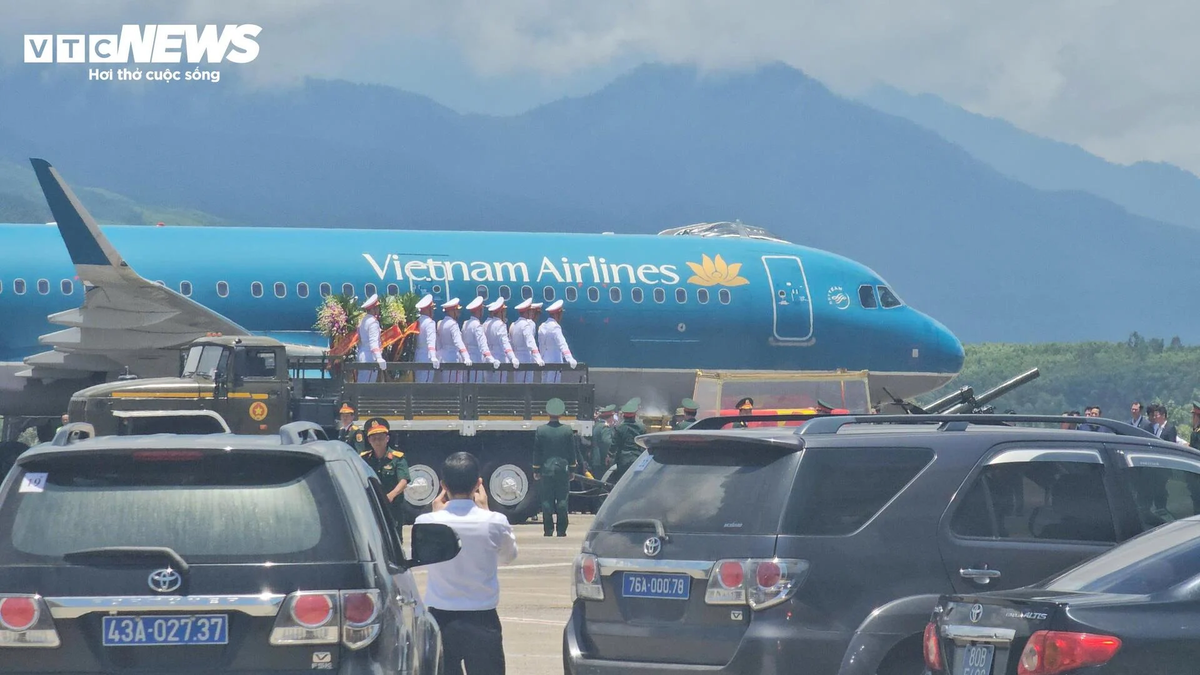

![[Photo] Festival of accompanying young workers in 2025](https://vphoto.vietnam.vn/thumb/1200x675/vietnam/resource/IMAGE/2025/5/25/7bae0f5204ca48ae833ab14d7290dbc3)
![[Photo] President Luong Cuong receives Lao Vice President Pany Yathotou](https://vphoto.vietnam.vn/thumb/1200x675/vietnam/resource/IMAGE/2025/5/25/958c0c66375f48269e277c8e1e7f1545)

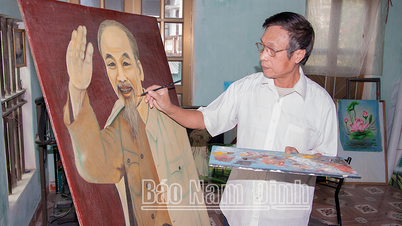
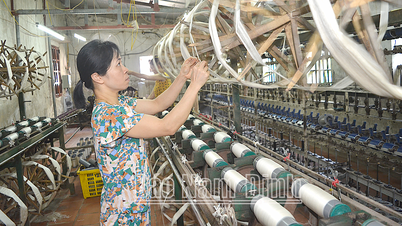

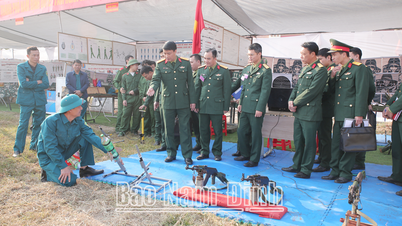
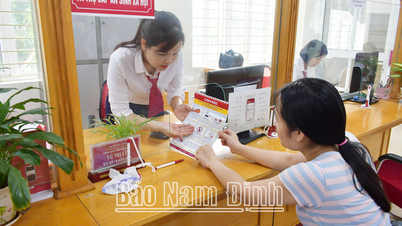








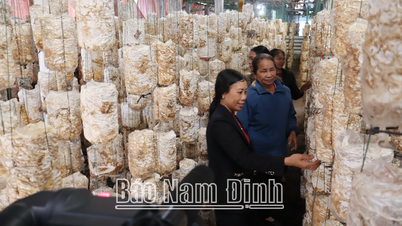













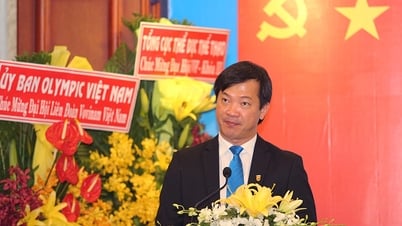



















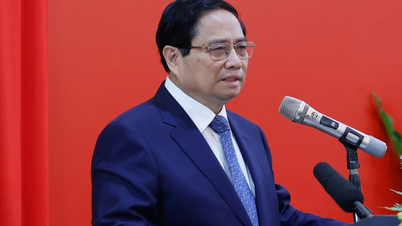

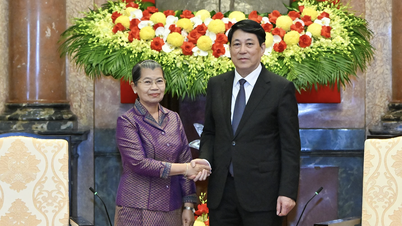


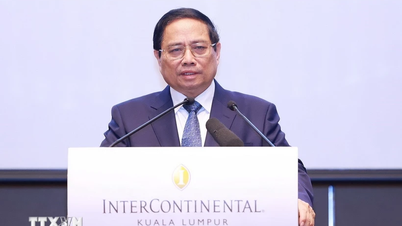







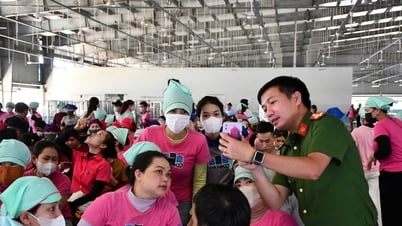





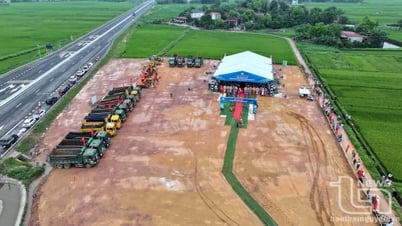
















Comment (0)